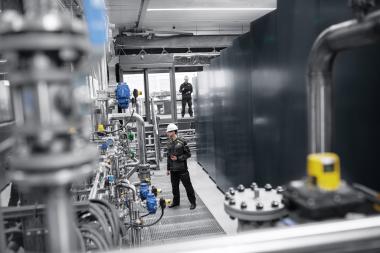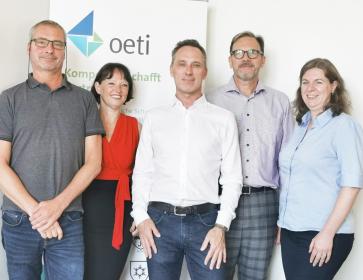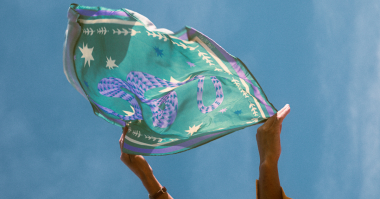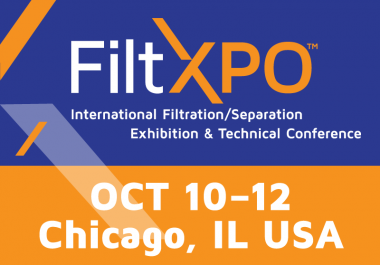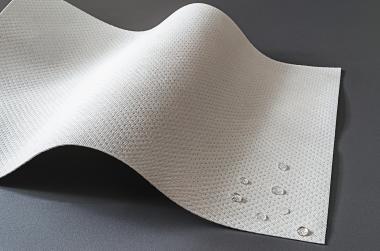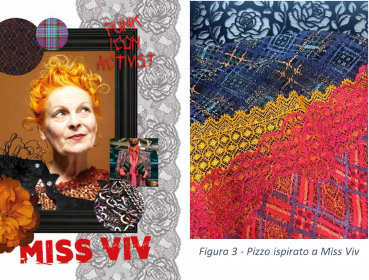OCSiAl: New Graphene nanotube facility in Europe
OCSiAl, a leader in graphene nanotube technologies, has been granted a construction permit for a nanotube production facility near Belgrade, Serbia. The new nanotube synthesis plant will be launched in 2024 and will have an initial annual capacity of 60 tonnes of graphene nanotubes. Over the next two years, the capacity of this plant will be increased to 120 tonnes per year. “The project will facilitate logistics and lower supply chain costs. European-produced nanotubes and nanotube derivatives will be primarily supplied to our customers in central and western Europe, North America, and Asia,” said OCSiAl Group Senior Vice President Gregory Gurevich.
In addition to synthesizing nanotubes, the facility will manufacture nanotube suspensions for lithium-ion battery manufacturers in Europe, the US, and Asia – enough to enhance the performance of more than 1 mln electric cars with an average battery capacity of 75 kWh per car. OCSiAl nanotubes create long and robust electrical networks between active material particles, improving key battery characteristics, including cycle life, lower DCR, C-rate performance, and cohesion between active battery material particles, making the battery electrodes more durable. Graphene nanotubes unlock new battery technologies, including high-silicon content anodes, thick LFP cathodes, fast-charging graphite anodes, and more. They can be applied in both conventional and emerging battery tech, such as a dry battery electrode coating process, and solid-state batteries.
As well as synthesizing nanotubes and producing suspensions, OCSiAl project includes manufacturing of nanotube concentrates for high-performance polymers. The project has passed environmental impact assessment and it is 100% powered by green energy. It enjoys support from Serbian municipal and national governments. The plant is planned to be certified in accordance with ISO 9001, ISO 14001, and ISO 45001, and to be compliant with the IATF 16949 automotive industry standard. The project will create more than 200 job opportunities for engineers, scientists, managers, operators, and administrative staff.
Currently, OCSiAl has an extensive manufacturing system of nanotube-based products in the regions of highest market demand, such as China, Japan, Sri Lanka, Brazil, Malaysia, and other countries. The Serbia nanotube hub will operate in conjunction with the company’s operational R&D center and planned graphene nanotube synthesis facility in Luxembourg.
OCSiAl Group


